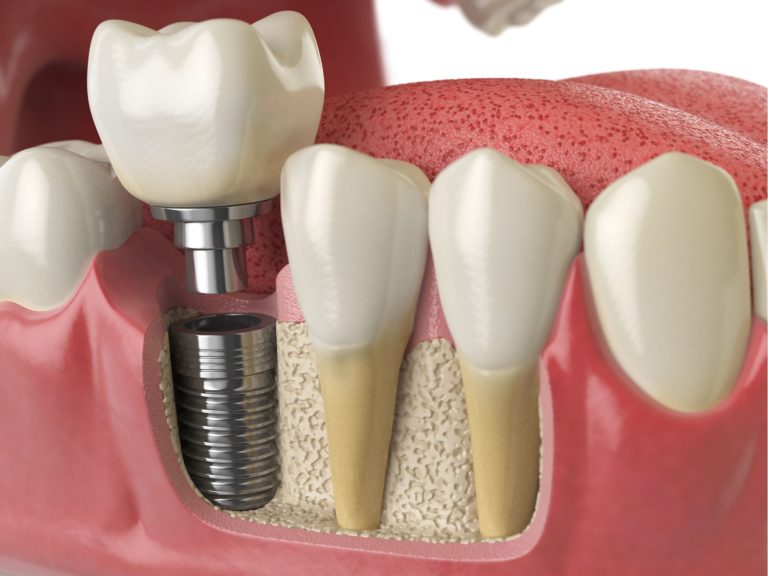In today’s competitive landscape, attracting and retaining top talent is crucial for small businesses. While offering competitive salaries is important, providing comprehensive benefits packages can significantly enhance your employee value proposition. Among the key components of a well-rounded benefits package are small business dental and vision plans. These plans offer numerous advantages for both employers and employees, contributing to overall employee well-being and organizational success.
Understanding the Importance of Dental and Vision Care
The Role of Dental Care
Oral health is an integral part of overall health and well-being. Regular dental check-ups and preventive care can help identify and address potential issues early on, preventing more serious and costly problems down the line. Neglecting dental care can lead to tooth decay, gum disease, and other oral health complications, impacting not only an individual’s physical health but also their self-confidence and quality of life.
The Significance of Vision Care
Good vision is essential for performing daily tasks and maintaining overall quality of life. Regular eye exams can detect vision problems and eye diseases, such as cataracts, glaucoma, and macular degeneration, in their early stages. Early detection and treatment can often prevent vision loss and improve outcomes.
The Advantages of Small Business Dental and Vision Plans
For Employers
- Attracting and Retaining Top Talent: Offering small business dental and vision plans demonstrates a commitment to employee well-being and can make your business more attractive to potential candidates.
- Improved Employee Productivity: Healthy employees are generally more productive and engaged. By providing access to dental and vision care, you can help ensure your employees are feeling their best and performing at their peak.
- Reduced Absenteeism: Dental and vision problems can lead to missed workdays. Providing preventive care through dental and vision plans can help minimize absenteeism and its associated costs.
- Tax Benefits: In many cases, employer contributions to small business dental and vision plans are tax-deductible, providing a financial advantage for your business.
- Boosting Morale and Company Culture: Investing in employee health and well-being fosters a positive work environment and strengthens company culture.
For Employees
- Access to Affordable Care: Dental and vision care can be expensive, particularly for individuals without insurance coverage. Small business dental and vision plans offer affordable access to essential care, making it easier for employees to prioritize their health.
- Preventive Care: Regular check-ups and preventive care can help identify and address potential issues early on, preventing more serious and costly problems in the future.
- Improved Overall Health: Oral health and vision health are linked to overall health and well-being. By taking care of their dental and vision needs, employees can improve their overall health and quality of life.
- Peace of Mind: Knowing they have access to dental and vision care can provide employees with peace of mind and reduce financial stress.
Key Considerations When Choosing Small Business Dental and Vision Plans
-
Plan Types: There are various types of dental and vision plans available, including:
- Dental Health Maintenance Organization (DHMO) Plans: These plans typically offer lower premiums and copayments but have a limited network of providers.
- Dental Preferred Provider Organization (DPPO) Plans: These plans offer more flexibility in choosing providers but may have higher premiums and copayments.
- Dental Indemnity Plans: These plans allow you to see any dentist you choose but typically have higher premiums and deductibles.
- Vision Plans: Vision plans typically cover routine eye exams, eyeglasses, and contact lenses.
-
Coverage Levels: Consider the coverage levels offered by different plans. Some plans may offer more comprehensive coverage, including major procedures and orthodontics, while others may focus primarily on preventive care.
-
Network of Providers: Evaluate the network of dentists and vision care providers included in each plan. Ensure the network includes providers conveniently located for your employees.
-
Employee Contributions: Decide how much employees will contribute to the premiums for the dental and vision plans.
-
Plan Administration: Consider the ease of plan administration, including enrollment, claims processing, and customer service.
Implementing Small Business Dental and Vision Plans
-
Research and Compare Plans: Research different insurance providers and compare their small business dental and vision plans based on your specific needs and budget.
-
Communicate with Employees: Clearly communicate the benefits of the dental and vision plans to your employees and encourage them to enroll.
-
Provide Ongoing Support: Offer ongoing support to your employees regarding their dental and vision plans, including answering questions and assisting with enrollment or claims processing.
Conclusion
Offering small business dental and vision plans is a valuable investment in your employees’ health and well-being. These plans can help attract and retain top talent, improve employee productivity, reduce absenteeism, and foster a positive work environment. By carefully considering your options and choosing the right plans for your business, you can provide your employees with access to essential care and contribute to their overall health and happiness. Remember, healthy and happy employees are the foundation of a successful and thriving business.
Read More: Medicare Supplement Plan G in Texas: Your Comprehensive Guide







